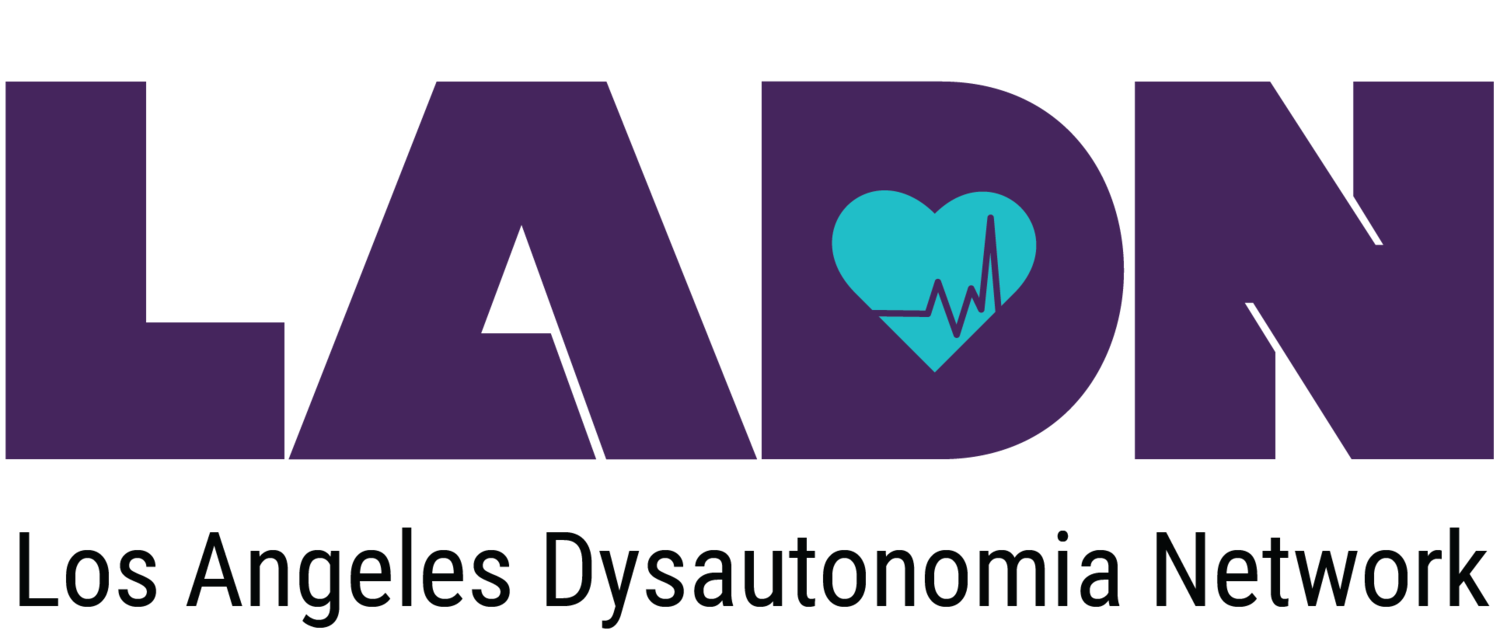LADN Outreach Director Emily Suñez Shares Her POTS Story & Message of Hope
Dysautonomia turned every aspect of my life upside down. My symptoms—severe fatigue, vertigo, tachycardia, numbness & tingling, and insomnia—were initially dismissed as anxiety, and getting a proper diagnosis was a long and arduous process. Activities that once were routine (like cooking or driving) became incredibly challenging, and I reluctantly gave up my career as an elementary school teacher to focus on managing my health. Early in my illness, I was diagnosed with lupus and complex regional pain syndrome, but I continued to search for answers for why my health continued to decline. Eventually, a series of doctors led me to find a cardiologist who conducted a tilt table test. I was diagnosed with postural orthostatic tachycardia syndrome (POTS), which came as a huge relief as it finally gave a name to the debilitating symptoms I was experiencing. It wasn’t until eight years into feeling ill that I was finally diagnosed with Ehlers-Danlos Syndrome, a connective tissue disorder that was determined to likely be the cause of my POTS.
Receiving accurate diagnoses allowed me to pursue proper treatment and take steps to gain power over my health. I experimented with a huge range of treatments including medications, cardiac rehab, acupuncture, physical therapy, diet changes, and more. Over time, I learned that specific medications, avoiding triggers like heat and stress, increased water and salt intake, and low-impact exercise helped me manage my symptoms. While I still experience symptoms daily, POTS no longer dictates my life, and I’m thrilled to have recently returned to part-time teaching!
The support of Los Angeles Dysautonomia Network (LADN) has been vital in my progress and improvement. This community gave me the resources I needed to cope with my illness. Reflecting on my journey, I’m filled with gratitude for the support of LADN community members, and I’m so proud of the progress I’ve made – from being mostly homebound to eventually co-founding a non-profit and returning to my original career goals. I hope my story gives others hope that life with POTS—despite the limitations it can impose –can still be fulfilling, vibrant, and joyful!

